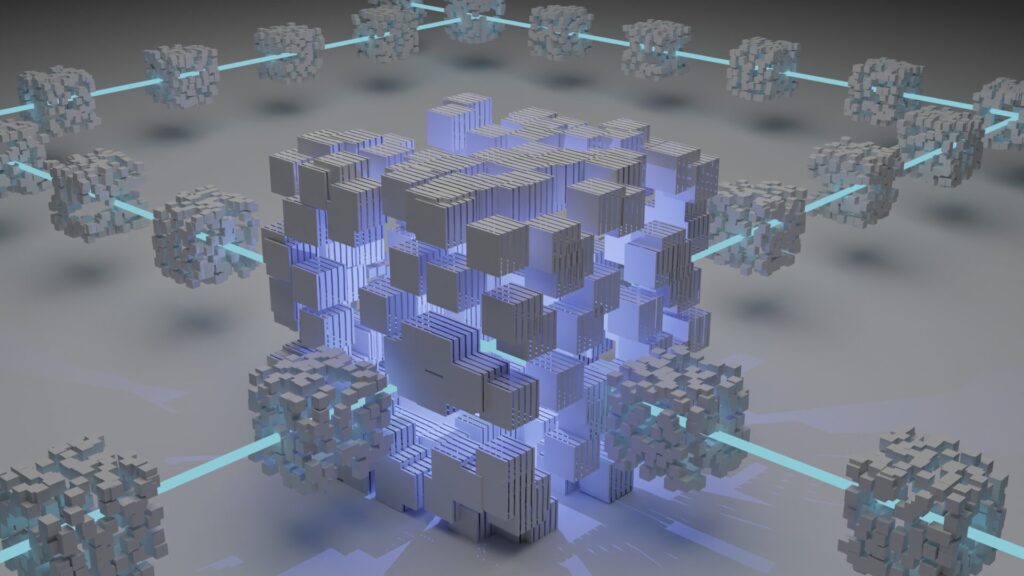
Mark Cuban, a well-known billionaire and technology innovator, recently highlighted the potential applications of blockchain technology in the real estate sector. His ideas emerged in the context of Jason Calacanis’s proposal for building new cities that would utilize cutting-edge technologies for sustainable and affordable urban development. Cuban suggests using blockchain for automating and securing transactions as well as project management in real estate, which could revolutionize the entire sector.
Mark Cuban, a versatile entrepreneur and investor known for his love of innovation, has decided to focus his attention this time on the real estate sector. The inspiration for his latest initiative was Jason Calacanis’s idea of building ten new cities in the United States, each with a million inhabitants. Calacanis proposed focusing on sustainable and affordable urban development.
Cuban went a step further, suggesting the use of blockchain technology to automate and secure processes related to real estate. His proposal focuses on using so-called smart contracts on a blockchain platform with a zero-knowledge layer-2. These contracts would automatically verify the issuance of construction permits, and upon obtaining them, would create and send an NFT (non-fungible token) that would release $250,000 in USDC, a popular stable digital currency (stablecoin), as soon as a residential unit is completed.
The smart contract would also continuously monitor new building permits and generate a new NFT for each additional residential unit built. Cuban also proposes the use of a multi-signature wallet to ensure security and mutual protection for both parties in the transaction.
However, this idea met with skepticism from some users, who questioned the necessity of using such an advanced blockchain solution as ZK rollup. Cuban defends his proposal, emphasizing the simplicity and security benefits of using a multi-signature wallet to manage project funds. On the other hand, Calacanis suggested choosing a more traditional, trust-based method of fund transfer.
Cuban’s proposal is an interesting example of how modern technologies can transform traditional sectors such as the real estate market. Blockchain, mainly associated with cryptocurrencies, has much broader application possibilities that could revolutionize many aspects of daily life, including the way we build and manage urban space.
In a world where technology is becoming an increasingly integral part of every aspect of life, proposals like those presented by Cuban and Calacanis shed light on a potential future where technological innovations and sustainable development go hand in hand, changing our approach to urban living.
Photo by Shubham Dhage on Unsplash
